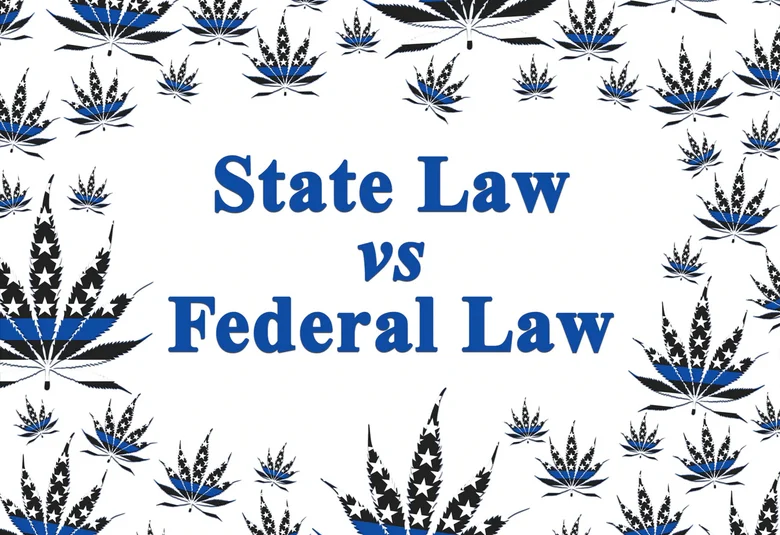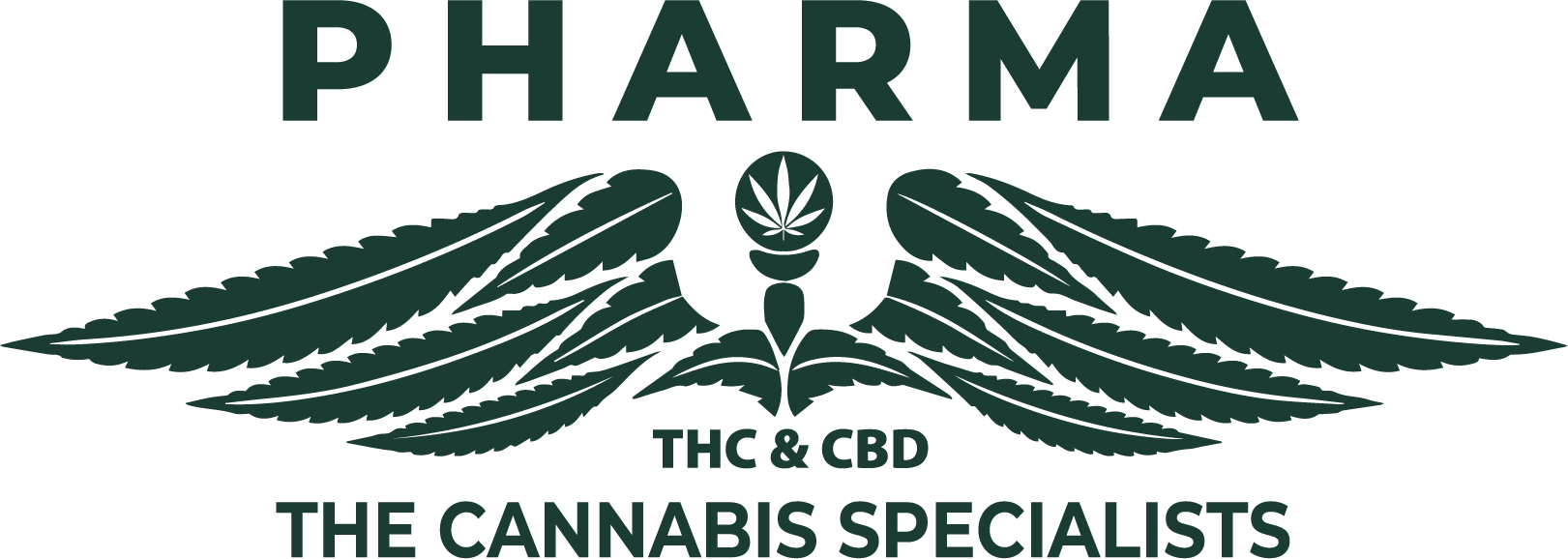The Hemp Industries Association’s Position on the Legal Status of Delta 8 THC and Other Cannabinoids

While the legal status of the cannabinoid, CBD, has had relatively little challenge since it was first made legal with the passing of The Farm Bill of 2018, Delta 8 THC and other cannabinoids have come under fire from the DEA and individual states. The DEA has taken steps toward declaring Delta 8 THC a controlled substance, and 11 states have banned its use.
In response, the Hemp Industries Association (HIA) has recently released a position statement regarding the legality of hemp-derived Delta 8 THC and other cannabinoids. Specifically, this response states the HIA’s answer to the following question:
“Are hemp-derived cannabinoids and compounds, including ∆8THC, with delta-9 tetrahydrocannabinol (∆9THC) concentrations that do not exceed three-tenths of one percent (0.3%) on a dry weight basis controlled substances under United States (US) federal law?”
Below is a summary supporting why HIA believes these cannabinoids cannot be considered a controlled substance. Note that this position statement is not legal advice and should not be construed as such.
The Overall Issue
The cannabis family of plants has two different classifications: hemp and marijuana. The difference between these two classifications is the amount of Delta 9 THC contained in the plant. Hemp has no more than 0.3% Delta 9 THC by dry weight, according to the federal definition set forth by The Farm Bill of 2018. Anything above that amount of Delta 9 THC is considered marijuana.
Two distinctly different cannabinoids are addressed within the HIA’s position statement: Delta 9 THC and Delta 8 THC. Delta 9 THC is the cannabinoid found in abundance in the marijuana plant and causes the well-known intoxicating effect of being high. Delta 8 THC, however, causes much less of an intoxicating effect and is only found in less than 1% of the adult hemp plant. Therefore, Delta 8 THC must be created through a chemical process that turns CBD into Delta 8 THC to make enough cannabinoids to be commercially viable. This need to create Delta 8 THC through a chemical process is at the heart of the issue.
The Hemp Industry Association’s Position
The following is a summary of the HIA’s position on this issue.
The Delta 8 THC Cannabinoid Is Created in Hemp
Within the hemp plants is a family of compounds known as tetrahydrocannabinols (THC). Both Delta 8 THC and Delta 9 THC are two cannabinoids within the THC family. While molecularly similar, there are important differences between these two molecules. These differences cause the cannabinoids to bind to the endocannabinoid receptors in the human body in distinctly different ways. Therefore, one cannabinoid is substantially distinct from the other.
Under Federal Law, Delta 8 THC Derived from Hemp Is Not a Controlled Substance
The Farm Bill of 2018 legalized hemp as long as it did not contain more than 0.3% Delta 9 THC on a dry weight basis. This definition of hemp includes:
- Derivatives,
- Extracts,
- Isomers, and
- Cannabinoids, among others.
This definition clearly defines Delta 8 THC as a legal substance.
The Federal Analog Act is one challenge being presented. This Act makes substances with a “substantially similar effect” to a Schedule I or II controlled substance also illegal. However, Delta 8 THC’s intoxicating effect is up to ten times less potent than that of Delta 9 THC and, therefore, not substantially similar.
Another argument here is that the Controlled Substances Act (CSA) expressly defines that “all tetrahydrocannabinols in hemp” are not a controlled substance. Therefore, the Analog Act’s basis for comparing Delta 8 THC from hemp to Delta 9 THC lacks support.
When Delta 8 THC Is Derived from CBD, It Cannot Be Defined as Synthetic THC or a Controlled Substance
U.S. law currently has no generally accepted definition for the term “synthetic.” Yes, Delta 8 THC is created using a chemical process that turns CBD into Delta 8 THC, but that does not necessarily make it synthetic. By many definitions, it isn’t considered synthetic.
A more appropriate category for Delta 8 THC is “derivative.” And since the 2018 Farm Bill included derivatives in its definition of hemp, Delta 8 THC would be considered federally legal.
CONFLICTING FEDERAL LAWS
The newer and more specific law is generally held over the proceeding law whenever you have two conflicting federal laws. This is known as the doctrine of “lex specialis.” In this case, the Controlled Substances Act declared THC and synthetic THC products to be controlled substances. However, the more recent Farm Bill of 2018 removed hemp and its derivatives from the controlled substances list. Therefore, the newer law prevails, and Delta 8 THC, a derivative of hemp, should be deemed legal.
The Hemp Industry Should Advocate for Safe Delta 8 THC Products
In the past, products have drawn fire from the federal government because they were deemed unsafe. The vaping industry is a perfect example of this. Delta 8 THC products have the same issue on the horizon. Delta 8 THC products have exploded on the hemp product market. This and the fact that the hemp products industry is currently not regulated by any federal agency has brought unscrupulous distributors into the arena. These unsavory manufacturers are introducing cheap, sometimes harmful products into the Delta 8 THC market. If these deficient products hurt enough consumers, there will be an increased demand to make Delta 8 THC and other cannabinoid items illegal. It is up to the hemp industry to strongly and vocally advocate for the safe manufacturing, production, and consumption of all cannabinoid products.
Cannabinoid Products Should Be Regulated, Not Prohibited
The HIA’s final position in its recent statement is that all cannabinoid products, CBD and Delta 8 THC included, should not be prohibited. Their popularity would likely cause a black market for these items and make it even more likely that consumers would receive harmful products. The HIA believes that the FDA should provide oversight to the cannabinoid industry. This would ensure the consistency and safety of cannabinoid products and, therefore, protect the industry in the marketplace.
PharmaCBD Has the Information You Need
We at PharmaCBD take great pride in keeping both our loyal and future customers informed. We invite you to shop with us for more information on our products, browse our blogs for information on our industry, or contact us should you have any additional questions.


